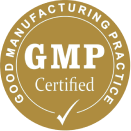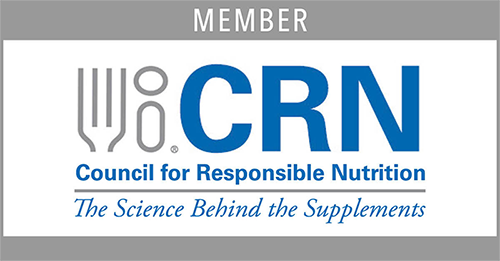What is It?*
Source Type: Carotenoid
Source(s):
- Naturally found in plant foods (kale, spinach, corn, bell peppers, pistachios, broccoli, squash)
- Naturally found in egg yolk
- Chemically synthesized in labs
Lutein is a naturally occurring carotenoid and antioxidant. Lutein is a yellow or orange pigment found in high concentrations in certain fruits and vegetables. Lutein, along with zeaxanthin, is particularly well-known for its role in eye health. High levels of lutein and zeaxanthin are found in the lens, retina, and macula of the eyes. It is thought to function as a light filter, protecting the eye tissues from damage caused by UV rays.
Benefits*
Benefits of lutein include promoting overall eye health and preventing eye diseases such as cataracts and macular degeneration.
Effectiveness*
Lutein is effective in its role as an antioxidant and in supporting eye health.
Numerous studies support the role of lutein and zeaxanthin in reducing the risk for age-related macular degeneration (AMD). It has also been found to be possibly effective in improving the symptoms of AMD.
The American Optometric Association has found that eating higher amounts of lutein in the diet is linked to a significantly lower risk of developing cataracts. However, it’s not clear if taking lutein supplements can help people who already have cataracts.
Risks*
Lutein is generally considered safe for use by adults. Pregnant and breastfeeding women, as well as children, should consult with their doctor before taking any lutein supplements. There are no known medication interactions with lutein. High doses of lutein can cause a yellowish appearance to the skin, known as carotenodermia. This yellow discoloration can be removed with an alcohol swab.



